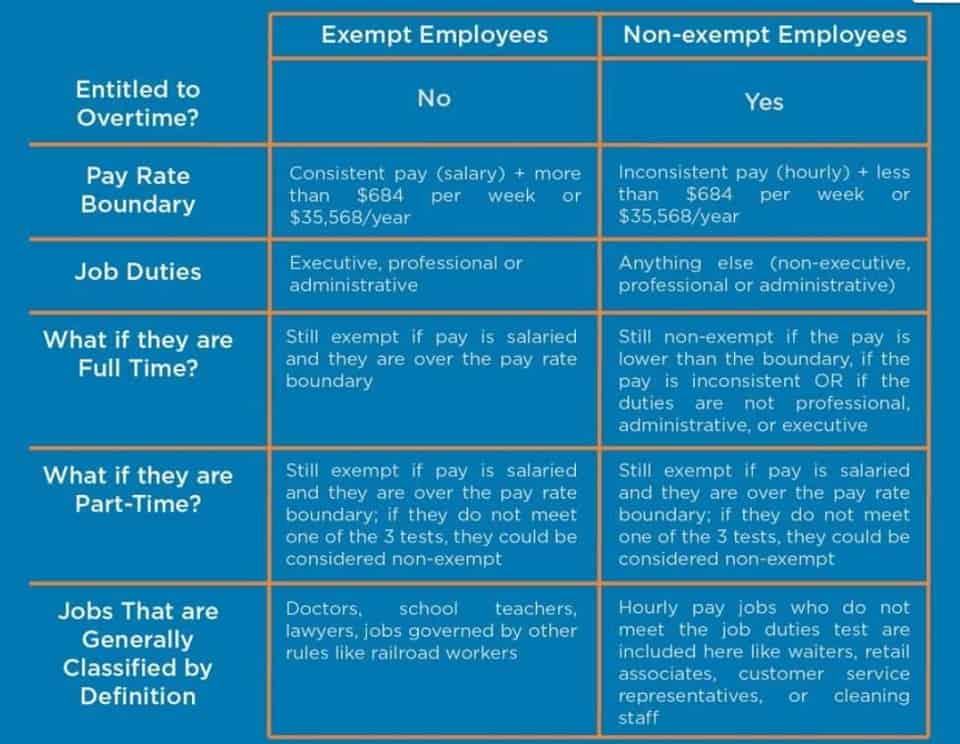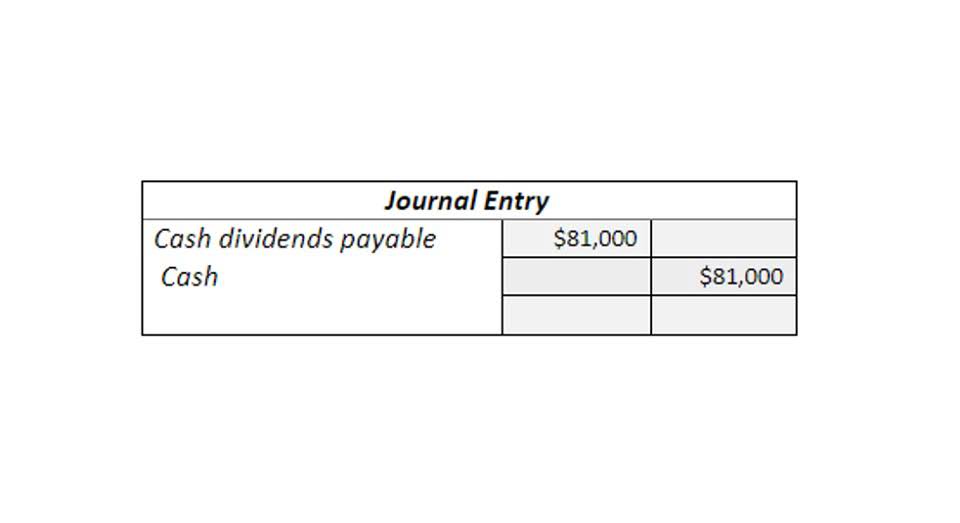
Generally, accrual basis is the recommended accounting method and more aligned with generally accepted accounting principles. QuickBooks Online users can choose QuickBooks Live Bookkeeping to get year-round access to verified experts who are focused on their success. From the start, business owners can get personalized answers to questions and spend less time on their books. As a business owner, bookkeeping might not rank high on your list of priorities. However, maintaining accurate financial records is key to your business’s success.
You’d follow this system for all of the account categories that you have. Common categories include asset, liability, equity, revenue, and expense accounts. Minimum deposit requirements can depend on the type of business account and whether you’re opening the account at a traditional bank, credit union, or online bank. Her work has appeared on Business.com, Business News Daily, FitSmallBusiness.com, CentsibleMoney.com, and Kin Insurance.
Set up budgets
It’s also helpful to understand how to market your services and manage the financial side of running a business. A cash account is one where all of your business transactions pass through to track all of your financial activity. Plus, a cash account is arguably the simplest way to record cash payments, withdrawals and deposits. By opening a new bank account, you can keep your personal finances and your business dealings separate so there’s never any confusion between the two. When it’s time to do your books, you’ll easily know where to find the financial information you need.

Instead, you’ll have to invest some time (and perhaps, money) in marketing your business. The exact requirements for starting a small business will depend on the state in which you live. small business bookkeeping You may need to contact your secretary of state or department of revenue for more information on what paperwork you may need to complete to legally establish your bookkeeping business.
Track Your Expenses
Once your bank accounts have been reconciled and any adjustments made in your recording tool of choice, you’ll want to close the month and print financial statements. While the job of bookkeeper may appear similar (or the same) as an accountant, they are only similar on the surface. A bookkeeper records all of the financial transactions for a business, while an accountant’s job is to interpret and analyze the data recorded by the bookkeeper. When you first begin the bookkeeping journey, collect everything you have that could be relevant to establishing financial history. Software programs, apps, and tools can save your business time and potentially money if you’re able to ensure more accurate accounting. Using a software program can also eliminate the need to retain a full-time accountant, which can add to your business expenses.

On top of that, you need the data used in bookkeeping to file your taxes accurately. As a business owner, it is important to understand your company’s financial health. Bookkeeping puts all the information in so that you can extract the necessary information to make decisions about hiring, marketing and growth.
Bookkeeping basics: The accounts you should know
If bookkeeping keeps getting pushed aside as your business starts growing and you simply can’t find the time to get your books in order every month, you should consider hiring a professional to help you. If you’re going to be doing your own bookkeeping, it’s worth talking to a pro when you set up your system to make sure the accounts you create align with your industry standards and CPA expectations. Expenses are all the money that is spent to run the company that is not specifically related to a product or service sold. An example of an expense account is Salaries and Wages or Selling and Administrative expenses. At the beginning of the year, take a look at the list of deductible expenses and determine which categories you’re most likely to spend money in.
It’s also possible to link your cloud accounting software to other financial programs that your business uses, like your online banking or mobile payment apps. With all your software linked through the cloud, payments that you make and receive can be automatically recorded to a digital ledger. The software program can then make the calculations for you, giving you an accurate picture of your total income and spending that’s updated every time your money moves. Using the data you gain from keeping a ledger, your next step will be to generate and prepare financial reports for analysis. The major reports to include are the profit and loss, the balance sheet, and a cash flow analysis.
You check your financial records and find that business has been slower this year, and your estimated net taxes owed will only be $2,900 this year. In this case, you can still pay your taxes as a lump sum at the end of the year. However, if your business was steady this year and you once again owe over $3,000, you’ll need to start paying by quarterly instalments. The accounting equation means that everything the business owns (assets) is balanced against claims against the business (liabilities and equity). Owners of the business have claims against the remaining assets (equity).
